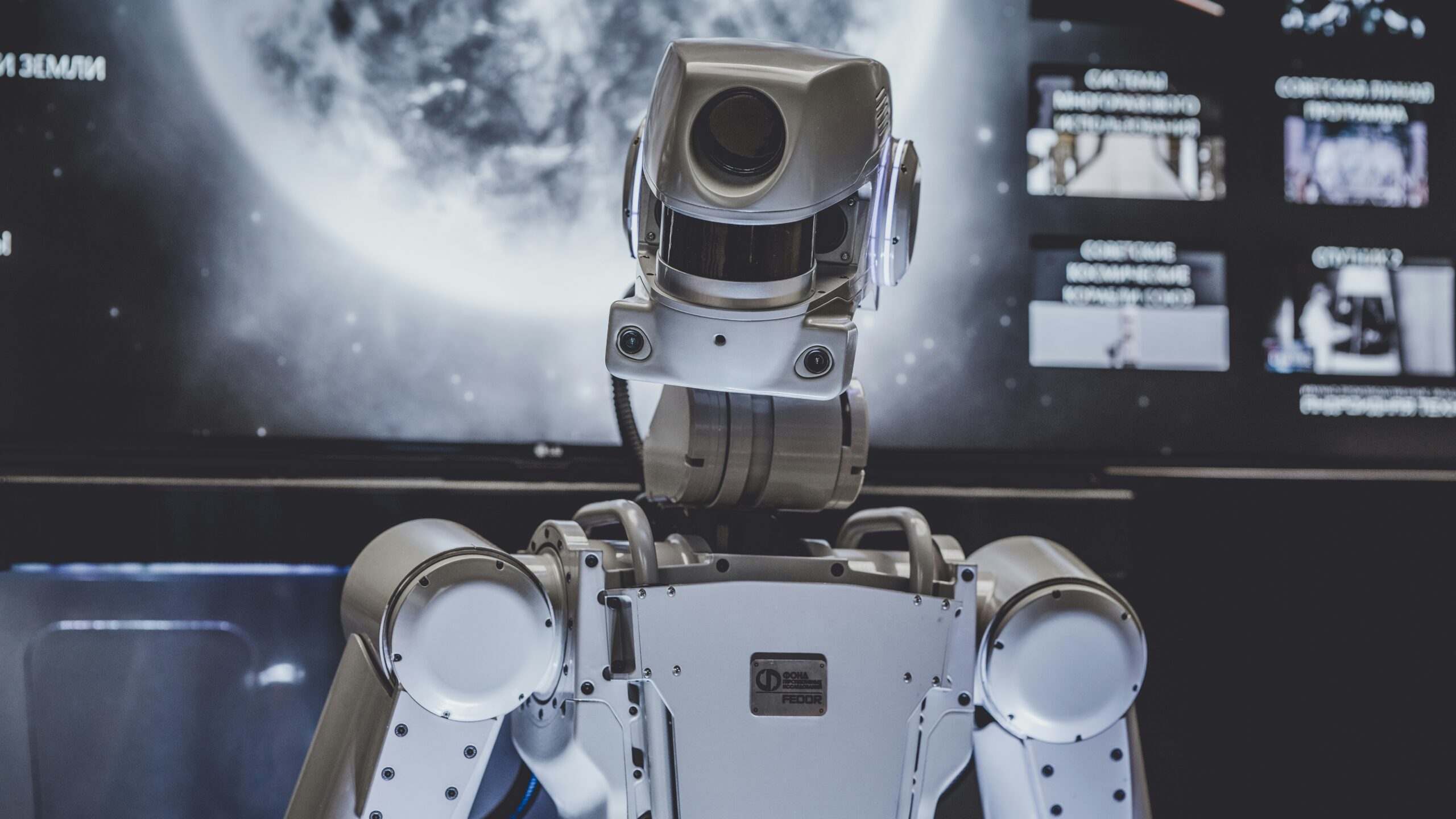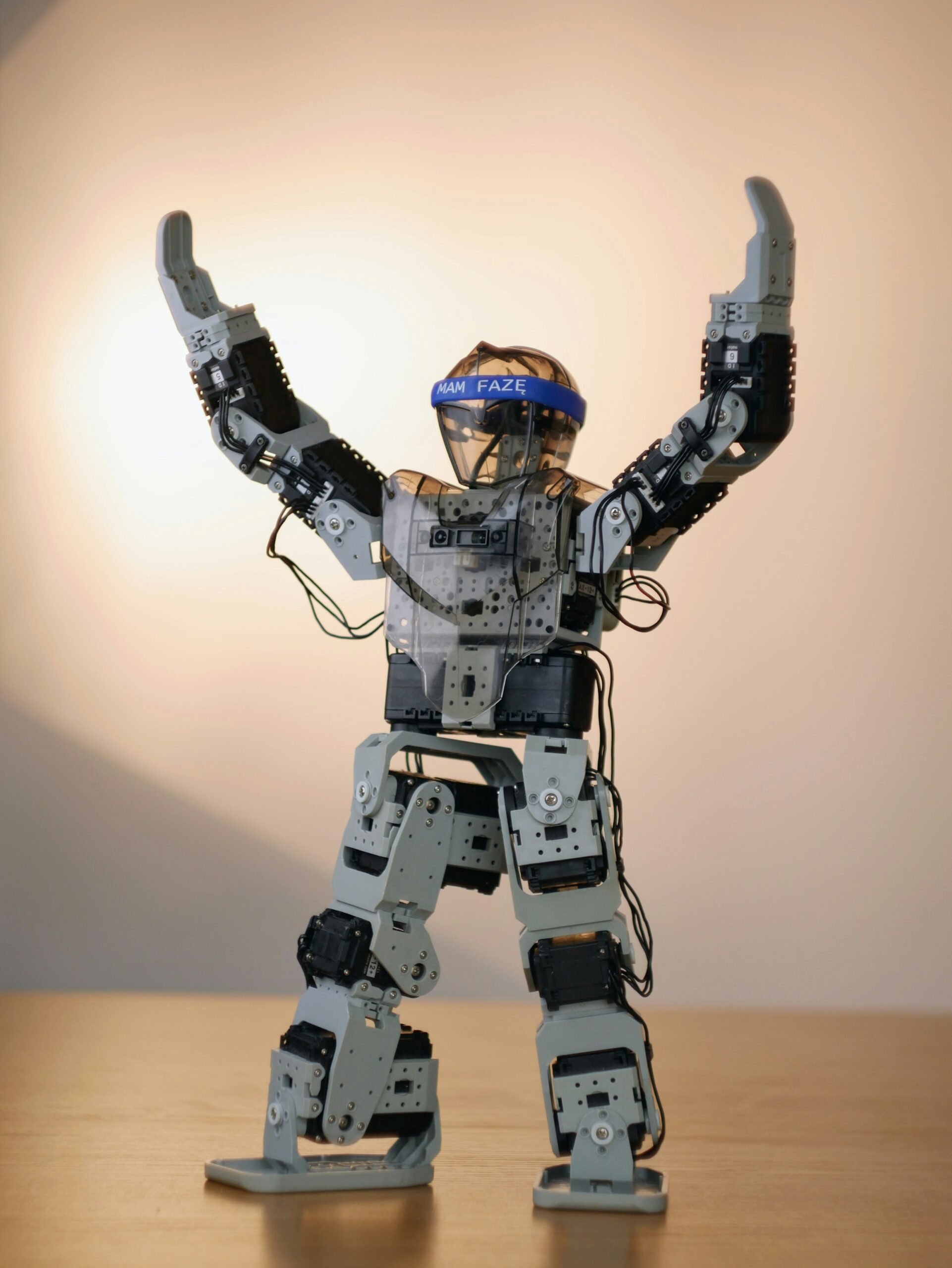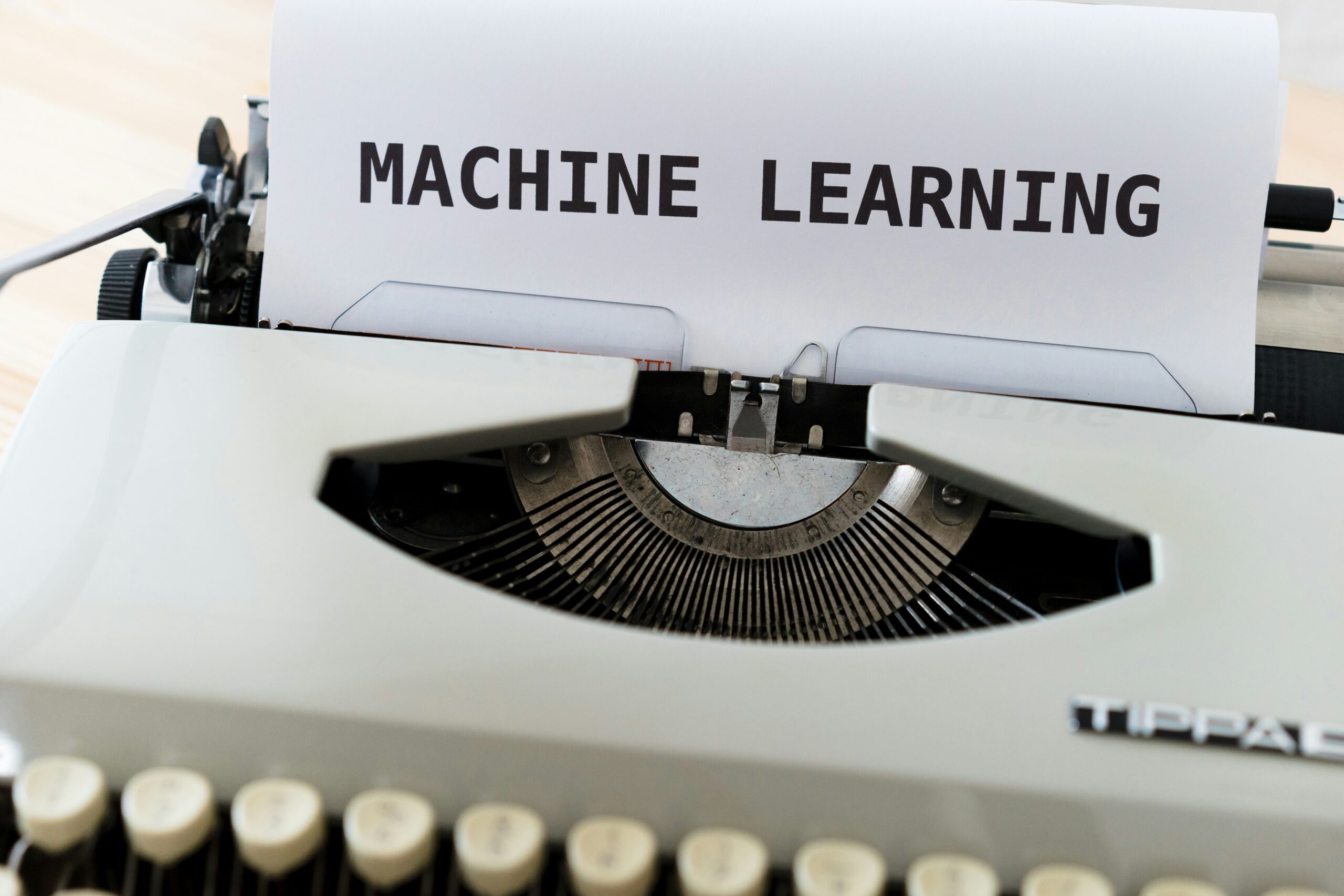How the Legal System Needs to Adapt to AI

How the Legal System Needs to Adapt to AI
AI and the Law: Navigating a New Frontier
Artificial intelligence (AI) is rapidly transforming every facet of our lives, and the legal system is no exception. From automating legal research to assisting with complex litigation, AI is poised to revolutionize how law is practiced and justice is served. However, this technological revolution necessitates a parallel evolution in the legal framework to ensure fairness, accountability, and responsible use of AI in the courtroom.
The Rise of AI in the Legal Sphere
AI’s applications in the legal field are vast and ever-growing. Here are some key areas of impact:
- Legal Research and Document Review: AI-powered tools can analyze vast amounts of legal data, case law, and regulatory documents, enabling lawyers to quickly identify relevant precedents and legal arguments. This frees up valuable time for lawyers to focus on strategy and client service.
- Predictive Analytics: AI algorithms can analyze past legal cases to predict the likelihood of success in a current case. This information empowers lawyers to make informed decisions about settlement offers and litigation strategies.
- E-Discovery and Due Diligence: AI can automate the process of electronically identifying and reviewing vast quantities of documents for litigation or mergers and acquisitions. This streamlines the process and reduces the risk of missing critical information.
- Contract Review and Drafting: AI can automate the review and drafting of routine contracts, improving efficiency and reducing errors.
- Legal Chatbots: Chatbots powered by AI can provide basic legal information and answer frequently asked questions, improving access to justice for underserved communities.
While these advancements hold immense potential for improving efficiency and access to justice, they also raise critical legal and ethical challenges.
Challenges and Considerations for the Legal System
- Bias and Fairness: AI algorithms are only as good as the data they are trained on. Biased data can lead to discriminatory outcomes in legal proceedings. The legal system needs to establish guidelines for ensuring that AI tools are developed and used in a fair and unbiased manner.
- Transparency and Explainability: Many AI algorithms are complex “black boxes” where the decision-making process is not readily transparent. This lack of transparency can make it difficult to understand how an AI system arrived at a particular conclusion, raising concerns about due process and accountability.
- Liability and Responsibility: As AI takes on more significant roles in legal processes, the question of who is liable for errors or malfunctions becomes paramount. Is it the developer of the AI tool, the lawyer who uses it, or some combination of both? The legal system needs to establish clear rules for liability to ensure accountability and prevent misuse.
- Privacy Concerns: AI systems often rely on vast amounts of personal data to function. The legal system needs to establish safeguards to protect the privacy of individuals whose data is used to train and operate AI tools.
Adapting the Legal System for the AI Age
Several key areas require adaptation within the legal system to address the challenges and opportunities presented by AI:
- Standards and Regulations: Regulatory frameworks need to be developed to govern the development and use of AI in the legal domain. These regulations should focus on ensuring fairness, transparency, and accountability in AI-powered legal tools.
- Legal Education and Training: Law schools and professional development programs need to equip lawyers with the knowledge and skills necessary to effectively work with and understand AI. This includes training on identifying and mitigating bias, ensuring transparency in AI decision-making, and navigating the legal and ethical considerations surrounding AI use.
- The Role of Lawyers: While AI will undoubtedly automate some legal tasks, human lawyers will remain essential. Lawyers will need to leverage AI as a powerful tool to enhance their practice areas, focusing on tasks that require critical thinking, strategic judgment, and human empathy.
The Future of AI and Law: A Collaborative Approach
The integration of AI into the legal system is inevitable. By proactively addressing the challenges and opportunities presented by this technology, the legal profession can ensure that AI serves as a force for good, promoting access to justice, efficiency, and fairness in the courtroom. Collaboration between legal professionals, AI developers, ethicists, and policymakers will be crucial in shaping a future where AI empowers the legal system to deliver justice in a rapidly evolving world.
In conclusion, AI’s impact on the legal system is undeniable. While challenges exist, the potential benefits of AI are significant. By embracing a proactive and collaborative approach, the legal profession can harness the power of AI to usher in a new era of access to justice, efficiency, and fairness for all.



